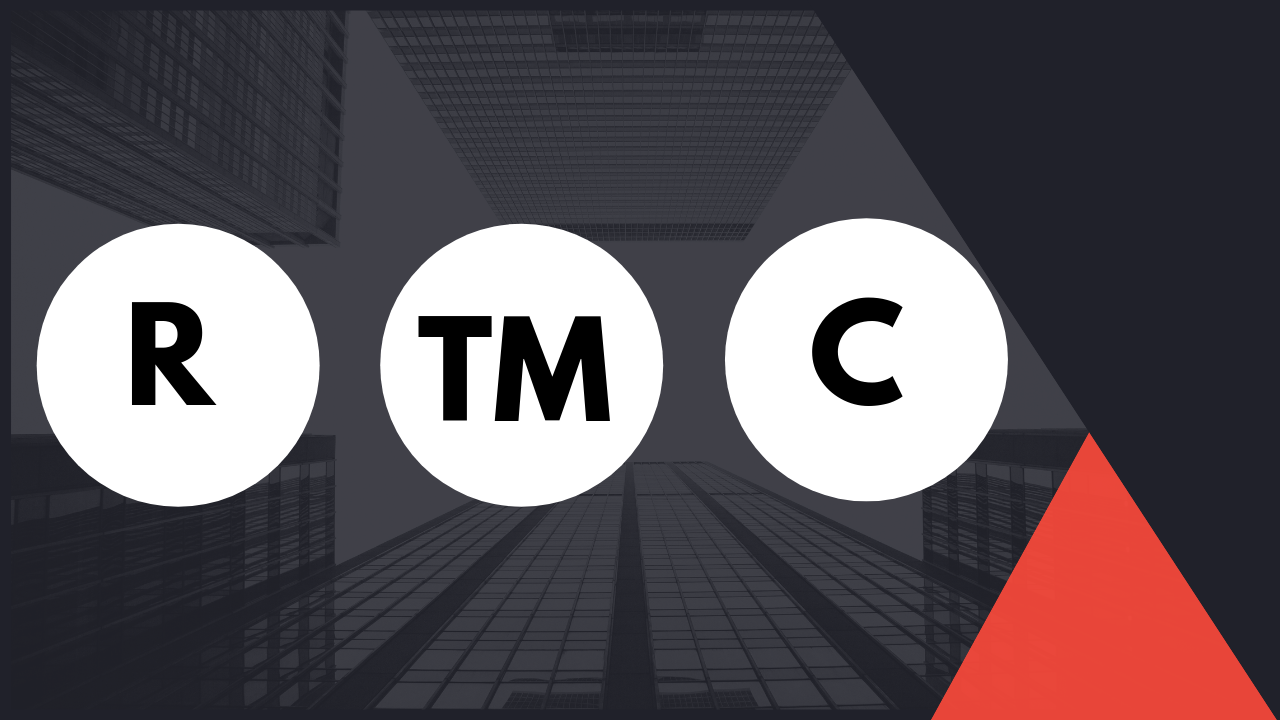Signing Deposit Contract in Sales and Purchase of Property
Because of the significant potential profits it could bring from the real estate transaction business, investing in real estate in Vietnam attracts a lot of attention from individuals and organizations. How real estate dispute lawyers in Vietnam could help and make the transaction more secured?
High profits often come with high risks
However, there is a saying that never goes wrong: Many investors would need to be aware that high profits frequently come with high risks. When it comes to real estate transactions, investors and buyers have lost a lot of money and lost valuable time as a result of long-term disputes and a lack of comprehension of the law's provisions and legal issues. Negligently signing contracts and agreements can increase disputes between buyers and sellers, but this risk can be mitigated with the assistance of dispute lawyers in Vietnam.
Advice from real estate dispute lawyers in Vietnam: sign deposit when buying or selling property
A deposit is a guarantee for the sellers and buyers that the property sales and purchase transaction will be carried out according to the terms of the agreement before buying and selling a house.
In order to guarantee that the official real estate purchase and sale contract will be carried out in a reliable manner in the future, the seller and the buyer will sign a deposit contract at that time. In order to guarantee that the seller will not sell the property to another third party, the buyer (the deposit party) must use this form to make a cash deposit to the seller (the deposit recipient). At the end of the deposit period, the parties will sign a real estate purchase and sale contract.
Matters to concern when signing the contract that need the help from conveyance lawyers in Vietnam
When making a deposit transaction with the seller, it is necessary to take into consideration the following issues in order to minimize risks and maximize buyer interest protection:
Firstly
It is necessary to identify the individual or co-owner of the real estate. In order to avoid the possibility of the deposit contract being void, the owner of the real estate must be a person who has full civil act capacity when conducting transactions.
Secondly
The buyer must check the land's legal papers to make sure it can be transferred legally. These conditions are as follows: i) Possessing the certificate of right to use the land; ( ii) There are no disputes on the land; iii) the land use rights are not restricted in order to enforce a judgment; ( iv) falling under the category of land use.
To check and ensure that the land is fully eligible for the transfer of land use rights, the buyer should specifically request that the seller provide the original or a certified true copy of the certificate of land use rights, ownership of houses, and other assets attached to the land, as well as some pertinent information confirmed by a competent state agency.
In fact, even though the buyer has been given the aforementioned documents to check, there is still a chance that the seller will commit fraud in order to take the buyer's property if they knowingly provide fake documents. These are cases that have criminal characteristics and are frequently the result of organized, fraudulent organizations attempting to acquire substantial property values from a large number of people.
The buyer can determine the amount of the deposit based on the level of risk they are willing to take in the event that information about the land has not been verified by the appropriate authority by reviewing the land's legal documents. Naturally, this amount is subject to negotiation with the seller and must be agreed upon by both parties.
Thirdly
The deposit contract contains a number of specifics that the parties must keep in mind. Terms of the deposit penalty, the parties' rights and responsibilities, and the amount to be paid for notarizing the sales and purchase contract are all agreed upon by the parties.
At the point when the gatherings sign this agreement (in the severe legitimate term, it is an agreement for the exchange of land use privileges, responsibility for, and different resources connected to the land), they should bear expenses recommended by regulation, including legally approbation charge, enrollment expense, individual personal duty, other state charges caused during the time spent moving the name of the declaration of land utilize right, possession own homes and different resources joined to the land.
Consequently, the parties should specify, in accordance with the agreement, which party will bear these fees in the deposit contract. A fee for notarizing this contract will be incurred if the parties agree that the deposit contract must be notarized. Based on the deposit contract's value, this fee is listed in each notary office's notarization fee schedule. The deposit contract also specifies that the term of the deposit must be within a time frame that is appropriate to the actual circumstance. This guarantees that when the deposit period ends, the parties will sign a contract for the sale and purchase of the house.
Fourthly
The deposit contract is written according to the parties' agreement in terms of form. When buying or selling a house in Vietnam, the current law does not require the deposit contract to be notarized and authenticated. However, if the house has a high value, the parties may want to consider notarizing the deposit contract at the notary office where the land is located in accordance with legal requirements to ensure its legality and to avoid future conflicts and dangers.
To ensure efficiency when signing documents related to property transactions, buyers and sellers can seek legal advice from experts and real estate dispute lawyers in Vietnam for specific details.





.jpg)
.jpg)
.jpg)
.jpg)
.jpg)







.jpg)
.jpg)
.jpg)

.jpg)
.jpg)
.jpg)
.jpg)
.jpg)
.jpg)
